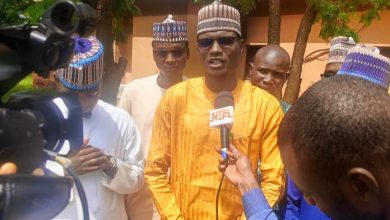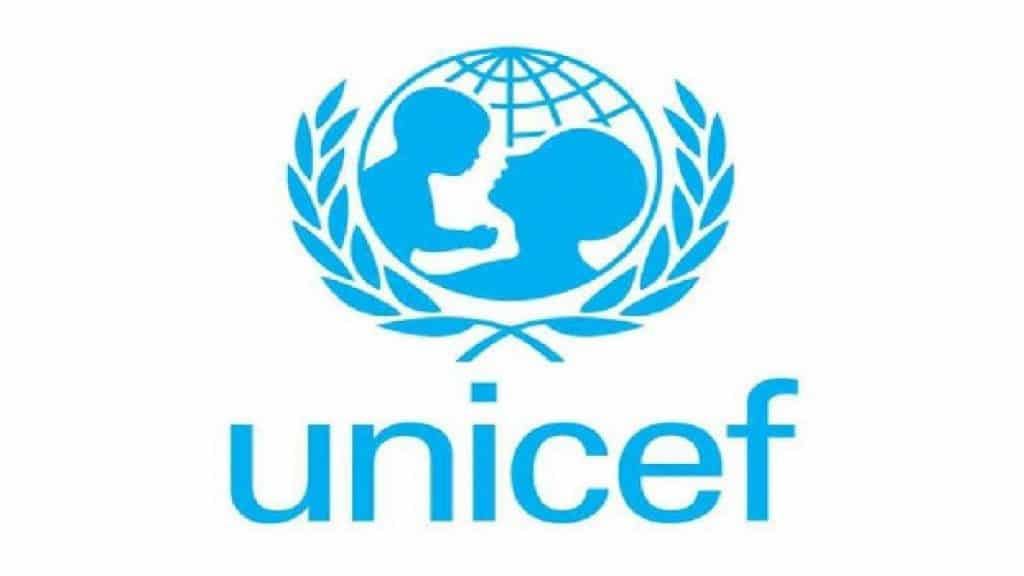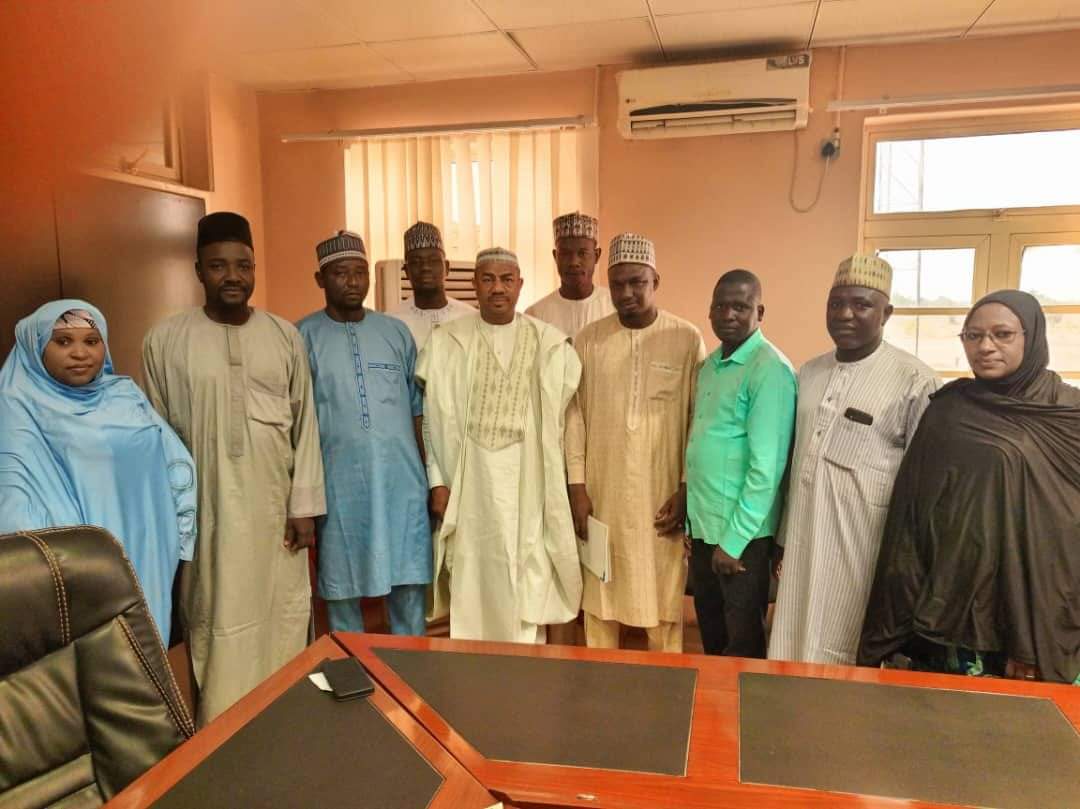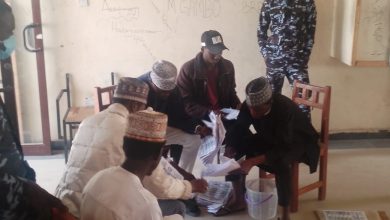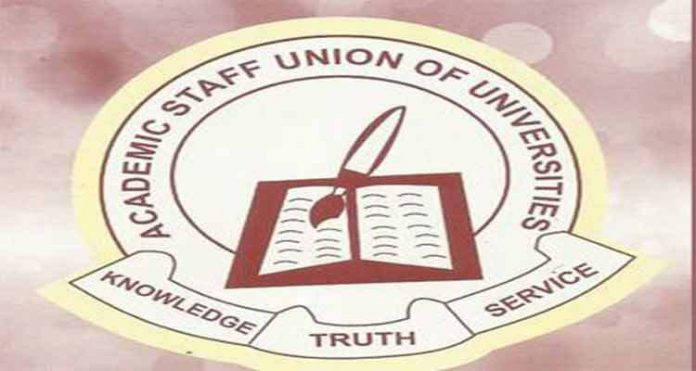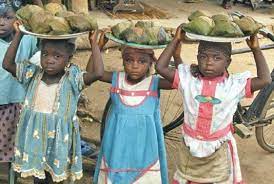
By Hadiza Ado Jinta
Education of women is of paramount importance but until recently it has not received favourable consideration form most culture in Nigeria.
This is because of the influence of culture on the people as could be observed in most states of the federation.
History reveals that In Nigeria, most communities until recently did not encourage the education of women, and this is accounted for by the way parents view the education of their female children.
To them, any educated woman would end up being someone else’s wife, and therefore would be more useful to her husband than to her parents.
Because of this, why waste the available resources of their education? Even now, because of ignorance, it is still difficult to convince many parents to send their daughters to school.
The girl-child education in gwagwalada area council has been lagging behind all this while in terms of education one can wonder why the situation should persist like this in respects of the light of the clear provisions in National Policy on Education that education is a right for every Nigerian Child.
The National Policy on Education (2004) also has as its 5th objective as the building of a “bright land full opportunities for all individual”.
Thus, The National Philosophy of Education of Nigeria is based on “the integration of the individual into a sound and effective citizen and to provide equal educational opportunities for all citizens of the Nation at primary, secondary and tertiary levels, both inside and outside the formal system”.
The global trends have also shown that Education of girl-child is input like the:(Universal Declaration in Tehran in 1968 on Human Rights which stresses education as a right of every individual irrespective of sex.)(The 1960 United Nations Article 10 of the Convention against women (CEDAW) Has a major aim of promoting gender equality in education.
The above not withstanding however, shows the reality on the ground in Abuja and Nigeria as a whole that there is the presence of discrimination against girl-child in the access to basic education. If this trend continues in gwagwalada area council , the developmental growth of the area would be hampered.
The Northern region which is so much dominated by the Hausas who have no interest in girl-child education as it was viewed exclusively for the male child.
The girl-child was not only denied formal education, but also the Qur’anic education. The few girls that attempted school during Western education after the amalgamation in 1914 did that under duress.
Most of the girls grew up believing that life begins with hawking and ends up in early marriage.
While on the other hand the boys received rigorous training both in formal and informal education i.e. Qur’anic school, Farming and animal husbandry under the instruction of their fathers.
There are regional disparities in the level of girl-child access to basic education. A recent survey shows that a number of girl-children had no formal education in post primary schools gwagwalada area council .
Even though the case was slightly ease better than before. The enrolment of children to primary, secondary, technical and tertiary institutions as upheld by Oleribe (2002) also discriminate against female gender.
Male enrolment is more than girls in all levels of education. Out of the primary schools enrolment indicated an imbalance ratio as only of, in gwagwalada area council , 41% were girl- child and many ended up not going for secondary education.
In all parts of the state girls lag behind boys in access to education. It is important to note that despite the progress made towards girl-child education in the developed and some parts of the world, years of neglect have left very high illiteracy rates for girl-child in many developing countries of the world. Girls which are to remain in school up to higher institutions have not yet been able to and the situation arised because parents are not encouraging girl to be educated.
Most of the girls in gwagwalada area council who were of school age and have completed primary education parades the street hawking items in other to prepare for early marriage. Even though there are educated girls in Abuja recently, the number can be much higher if adequate attention is given to eradicate the problem.
Statement of the Problem This research is female domestic and girls child education in gwagwalada area council. Parents needs to be enlighten on the importance of girl-child education and to be discouraged in engaging girl-child to early marriage and hawking of goods while teachers should handle girl-child with cares in school for enrolment and retention purpose in other to achieve the MDG’s.

